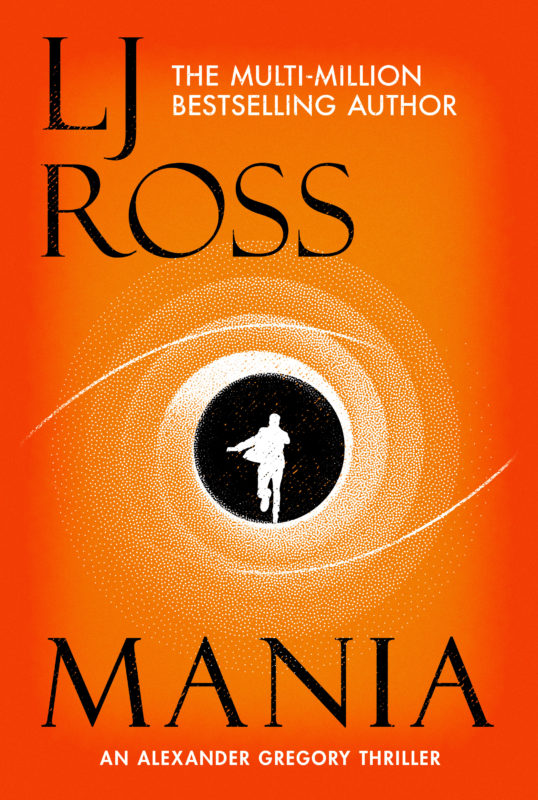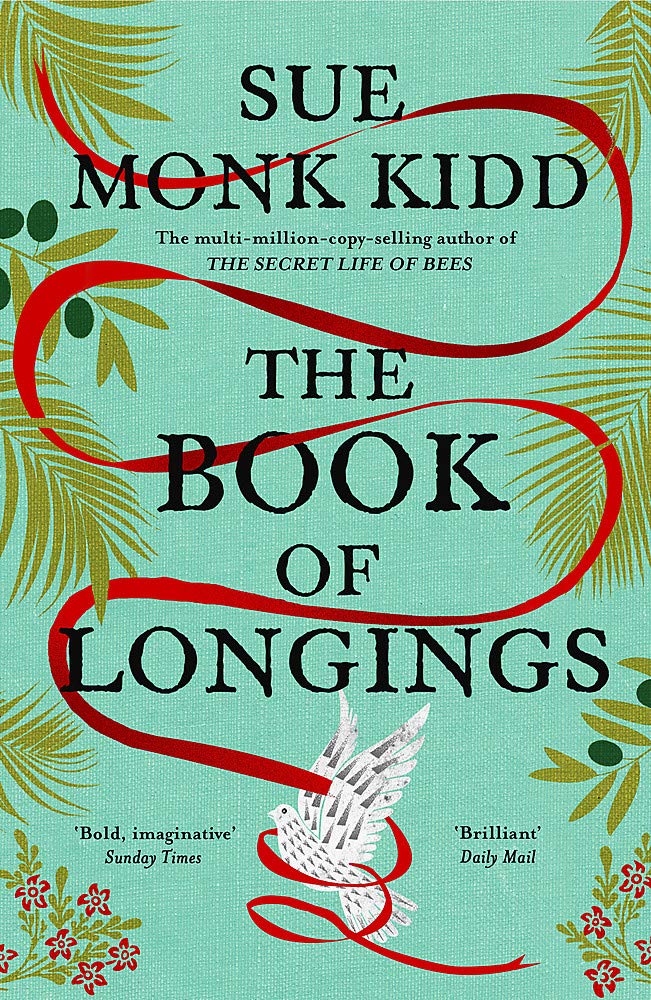
‘Call me Magda’, invites Mary Magdalene, and I’ll tell you the truth about Jesus and I…
Mary Magdalene has been the subject of much discussion in the two thousand odd years since she, Jesus and Jesus’ disciples preached in ancient Galilee. Now, in Ursula Werner’s modern retelling of Mary’s life, ‘Magda’ gives readers her own version of events to counteract the past, ‘Two thousand years of misinterpretation, cover-up, deception, and yes, outright lies.’ First of all, she wasn’t a prostitute. That was just an error promulgated by Pope Gregory I, who ‘couldn’t keep his Mary’s straight’.
What’s it about?
Focusing primarily on events which took place during Jesus’ last year of life, ‘Magda Revealed’ presents a familiar set of events through an unfamiliar perspective and, in so doing, simultaneously humanises Jesus (or ‘Yeshua’, as he is named throughout,) and reinforces his message of radical equality. This is a Jesus who had bad dreams and was troubled by them, who struggled with his destiny.
There is a similar reimagining of Judas, who becomes Judah, a man racked with personal anguish that prevents him fully comprehending Jesus’ core message, even as he strives to promote it, and Peter, whose deeply embedded misogyny means that he and Paul will ultimately construct a church that deliberately excludes women.
What’s it like?
From the outset, Magda’s tone is strikingly contemporary, describing Yeshua as having an ‘ace up his sleeve’ and assuring readers that ‘you guessed it’. She also has a very modern sense of humour, telling us that Yeshua has been watching humanity evolve for the last two thousand years and that, ‘He uses the word “evolve” with a straight face.’ I enjoyed the narrative voice, which is of course primarily a first person narration – Mary reclaiming her story in her words – but also makes frequent reference to the reader, deliberately breaking the fourth wall to challenge readers, especially when the storyline strays into the transcendental.
There’s a brilliant mix of myth and what feels like reality: Jesus’ mother’s claim to be a virgin is met with deep scepticism by her neighbourhood and results in an uncomfortable childhood for Jesus. Similarly, his invocation to ‘turn the other cheek’ is met with real passion by a character whose past has been fleshed out for us, putting grey meat on the ethical bones of this dilemma. What good would turning the other cheek do, demands this man, when Roman conquerors will simply kill me? This pain, and Magda’s discomfort with this pain, vividly illuminates the challenges at the heart of Jesus’ teachings in a way that Yeshua’s own simple message cannot achieve.
I love a well structured book and here the prologue and epilogue frame the main narrative perfectly, further embedding the image of Yeshua / Jesus as both human and timeless when Magda / Mary tells us that, ‘I hate it when he sulks’, but follows this with discussions about the future of humankind.
Final thoughts
I thoroughly enjoyed reading this intriguing reimagining of Mary Magdalen’s life, and the final message of Jesus’ teachings, as presented by Magda, certainly seems a more appealing version than Peter and Paul’s take. I really enjoy reading historical fiction that inspires me to want to research the actual history, and ‘Magda Revealed’ certainly achieved that. From my, admittedly limited, reading around the subject, the novel seems to be thoroughly grounded in the traditional Christian narrative, although I suspect some Christians may be unimpressed by Magda’s final role in the novel and her suggestions regarding Paul’s damascene conversion.
For me, the only niggle was Werner’s presentation of men and women’s roles during childbirth, during which Magda claims that, ‘Nobody suffered more [than the woman’s husband] during the day and a half’ long labour because ‘At least she [the labouring woman] had a purpose’. In such a feminist book, this suggestion that a man suffered more than a woman because he felt impotent to help her as she laboured for hours on end, felt like a very odd departure from the overall tone, even if Magda adds that she has no intention to ‘minimize the pain of…labour’. Sweetheart, you just did.
Other than this, I really enjoyed the storytelling, although Magda was right: I made no effort to believe when religious / supernatural phenomena arose; I simply accepted it as part of the tale being told.
An enjoyable, intriguing and deeply contemporary retelling of a traditional narrative.


